The next steps for ‘wildly impactful’ youth summer jobs program are in the works
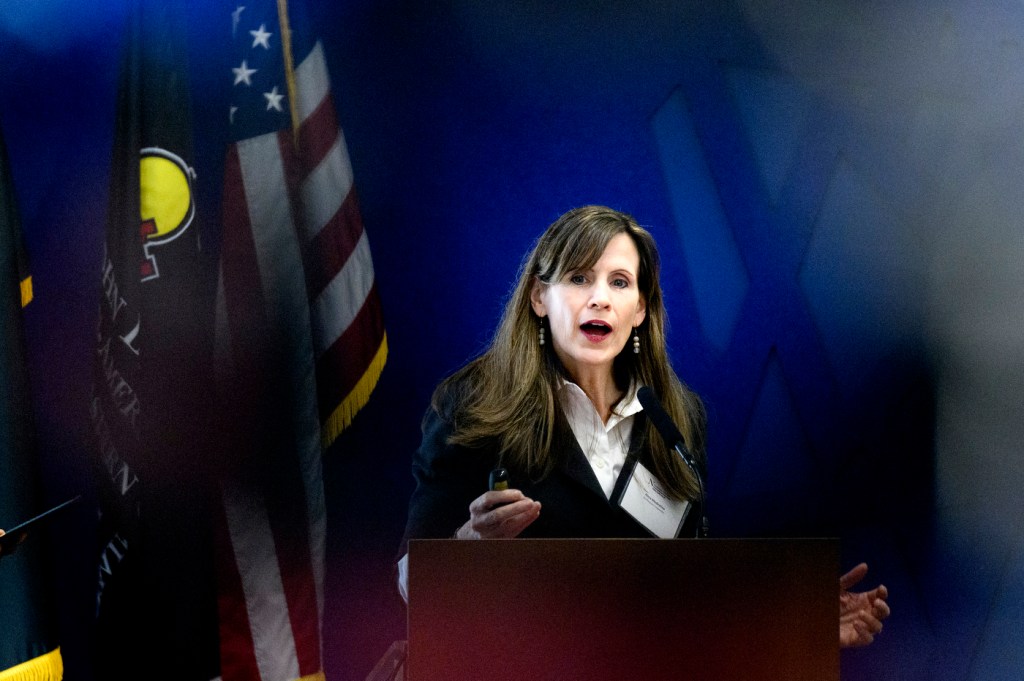
Editor’s note: This story was updated March 25.
Since 2015, Northeastern University’s Community to Community Impact Engine has partnered with the city of Boston to evaluate the city’s Summer Youth Employment Program, finding that — for a six-week experience — the program provides a lot of benefits.
The program is so beneficial that Boston Mayor Michelle Wu has guaranteed all Boston Public School students who want a job can get one this upcoming summer.
In fact, during a March press event announcing the launch of this year’s Summer Youth Employment Program, Wu said the reason for this guarantee was clear.
“Thanks to our incredible research partners Northeastern University we have the numbers and we know what works,” Wu said. “The data shows clearly that summer jobs increase high school graduation rates, decrease the likelihood of involvement with the court system and boost future employment opportunities.
But those involved in the program are not content to rest on its laurels.
“What’s very exciting about that guarantee is we can start thinking about deliberately linking what is happening in the high school curriculum and even in the community college space or in higher ed to those summertime experiences,” says Alicia Modestino, an associate professor of economics in the School of Public Policy and Urban Affairs. Modestino is also research director for the Dukakis Center for Urban and Regional Policy at Northeastern and heads up the research into the summer program.
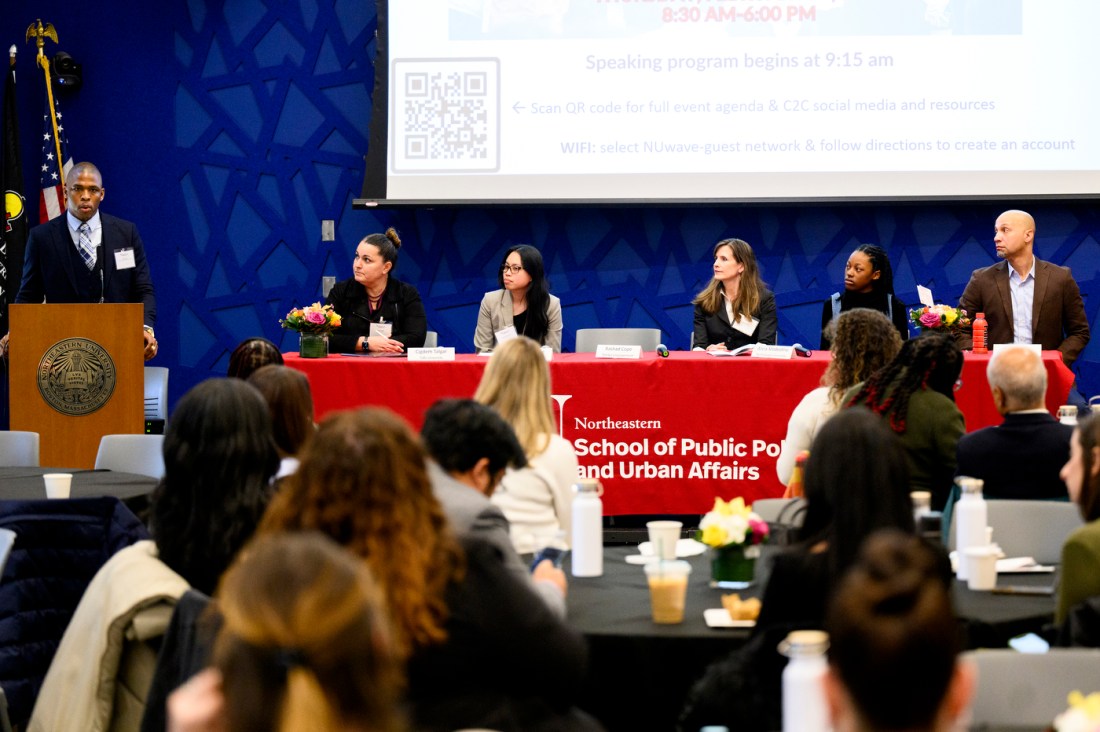
Boston’s Summer Youth Employment Program is a roughly $10 million annual program to provide thousands of youths with summer jobs with hundreds of local employers.
The program has two primary goals: to provide young people with the tools and experience necessary to navigate the job market on their own; and to reduce inequality of opportunity across different racial, ethnic and socioeconomic groups by increasing access to early employment experiences.
It is a “wildly impactful program,” Modestino says.
Featured Posts
Research shows participants demonstrate increased employment and wages, increased academic achievement and decreased involvement with the criminal justice system.
On Thursday, students, employers, nonprofit and commercial partners, and city and academic leaders involved in the program gathered at the John D. O’Bryant African American Institute on Northeastern’s Boston campus for a symposium titled “Building a More Holistic Career Development System for Boston’s Youth.”
The mission was how to make this wildly impactful program even more so.
“The work that’s ahead of us is really thinking about how do we expand this to post-secondary opportunities?” Modestino says. “How do we think about not just short-term outcomes but also expanding to the four-year sector like we’ve done here at Northeastern? How do we think about linking summer youth employment programs to other year-round opportunities? How do we think about long-term opportunities, repeat participation, tiering those opportunities?”
Symposium panelists and guests had several ideas.
Josh Bruno, director of employer engagement for the Boston Private Industry Council, urged program leaders who are meeting student participants to figure out what students are interested in, figure out what students are good at, and how the two meet. Bruno and several other panelists also urged support for employee supervisors.
“I know everyone in here thinks they’re tough and whatever, but everyone’s afraid of teenagers,” Bruno joked.
Annie Duong Turner, director of community investments with John Hancock, urged employers to continually assess their efforts, asking why they participate in terms of not just for the community, but for their own businesses.
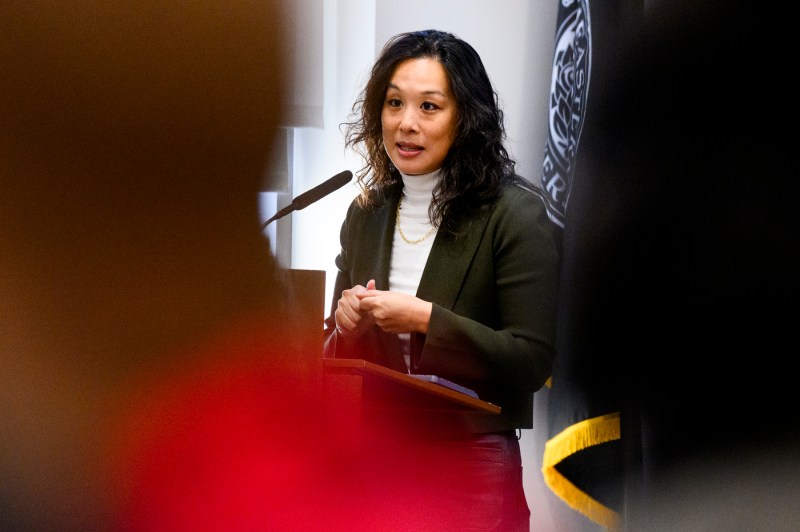
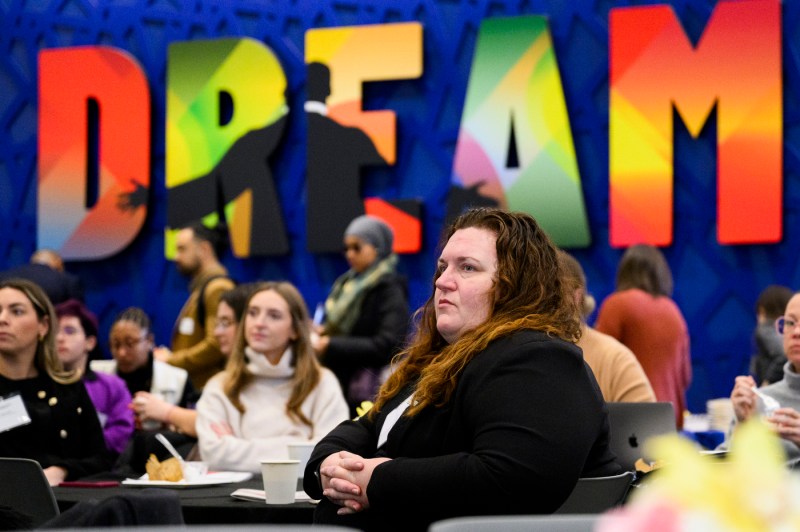
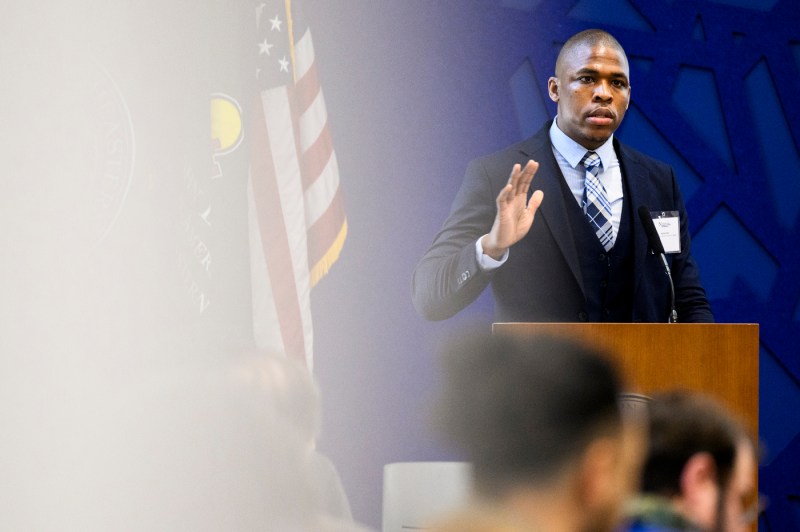
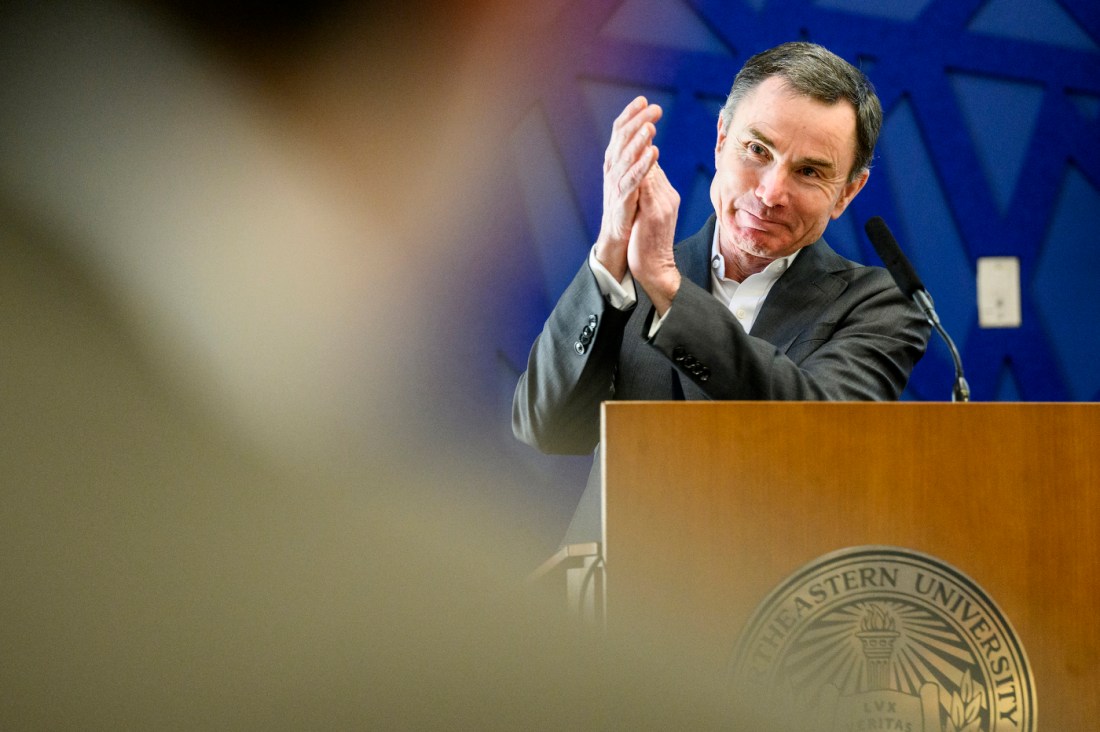
“It takes a lot of assessing: how do we mobilize our time, talent and treasure to really move the needle forward — whether it’s quite literally opening our doors to Boston youth through site visits or quite literally hiring youth,” Duong Turner said. “How do you ensure that your leaders understand it’s just as important to continue those relationships beyond those six weeks so that students can come back and work for you one day or, if not at John Hancock, at another financial services industry so you can continue diversifying that pipeline of talent and really invest in the talent that we have here in our city.”
Amanda Weeks, a student participant who rated the program “overall awesome” for pushing her to “come out of my shell” and develop communication skills and self-advocacy skills also had a more simple suggestion — provide school buses for commuters.
Other ideas included ensuring that high schools had college early-learning opportunities and opportunities to get a head start in the trades; ensuring higher educational partners provided access to their campuses so that participants could view and get a feel of what it may be like to attend, and matching up job opportunities with expanding industries and industries crucial to the Massachusetts economy.
“This is not just one voice that’s leading every single decision,” Modestino said. “It’s an ecosystem coming together to provide opportunities for young people.”











